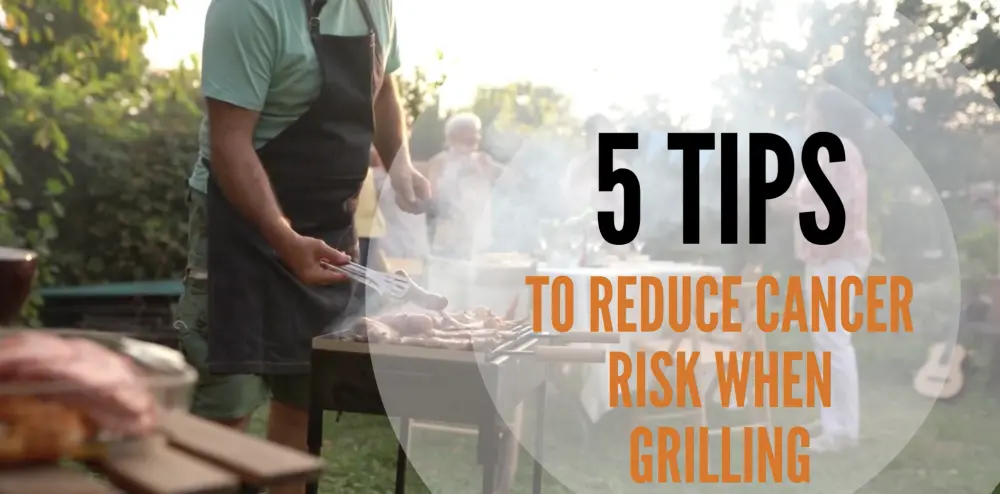by Angela Stephens, RD, CSO, LD
Clinical Dietitian
 Many patients do experience some form of nausea during chemotherapy and/or radiation. Nausea can be described as a “feeling of sickness in the stomach marked by an urge to vomit” (1).
Many patients do experience some form of nausea during chemotherapy and/or radiation. Nausea can be described as a “feeling of sickness in the stomach marked by an urge to vomit” (1).
The amount of nausea experienced can vary based on the chemotherapy drug, the dose, the frequency, and the duration of administration. Certain agents, such as mechlorethamine, doxorubicin taken with cyclophosphamide, high dose carmustine, high dose cisplatin, decarbazine, oral procarbazine, and streptozocin, are known to be highly emetogenic and cause nausea in about 90% of patients (2). Other drugs have a moderate or low risk for nausea. Your oncology team will discuss your risk for nausea based on the above factors.
Nausea can be acute, occurring within 24 hours of chemotherapy or delayed, occurring 24 hours after chemotherapy. Nausea can also be anticipatory, meaning it occurs before chemotherapy is infused or before acute nausea occurs. Anticipatory nausea normally occurs if nausea was not previously controlled during earlier chemotherapy cycles. Appropriate medication will be prescribed based on the type of nausea expected or experienced. Often times, medication is prescribed for both acute and delayed nausea.
Controlling and preventing nausea is important as this can impact your ability to take in food and liquids orally. Here are some nutritional interventions that can be used to help control nausea:
- Eat small, frequent meals. This may mean eating small amounts of food every 2-3 hours.
- Choose bland, non-spicy, non-fatty foods.
- Avoid foods that have caused nausea in the past.
- Remain sitting up or standing within one hour of eating. Do not lay down right after eating (3).
- Avoid foods with strong odors. Eat foods that are cool or can be eaten at room temperature as this will decrease the smell of these foods (4).
- Try dry foods such as crackers or toast. If you have nausea before getting out of bed, try having a cracker or two before getting up from bed.
- Avoid cooking methods that cause strong odors. Avoid using a crock-pot for cooking or cooking soups/stews as these will fill the house with cooking odors for a long period of time.
- Make sure to drink liquids to prevent dehydration. If possible, choose fluids with additional calories and protein.
- Avoid eating your favorite foods when you are extremely nauseated. This will allow you to still enjoy this food after your nausea has subsided.
- Try using ginger or ginger products such as ginger tea or ginger ale. You can also try ginger aromatherapy.
- Drink liquids in between meals/snacks.
Make sure to inform the clinic if your nausea is not being managed by your medication and/or dietary changes.
For most patient’s, the primary nutrition goal during treatment is to maintain one’s weight. If nausea is hindering your ability to maintain weight, please schedule to meet with a Minnesota Oncology dietitian at your local clinic, where additional suggestions can be reviewed.
- Nausea. (n.d.). The American Heritage® Stedman's Medical Dictionary. Retrieved October 09, 2015, from Dictionary.com website: http://dictionary.reference.com/browse/nausea
- Emetogenic risk for chemotherapy and biotherapy agents. Oncology Nursing Society. Retrieved October 08, 2015, from https://www.ons.org/sites/default/files/emetogenicity_tool.pdf
- Nutrition in Cancer Care (PDQ). National Cancer Institute. Retrieved October 09, 2015 from website: http://www.cancer.gov/about-cancer/treatment/side-effects/appetite-loss/nutrition-pdq/#link/_326
- Nausea and Vomiting Nutrition Therapy. Academy of Nutrition and Dietetics. Updated 2013.



